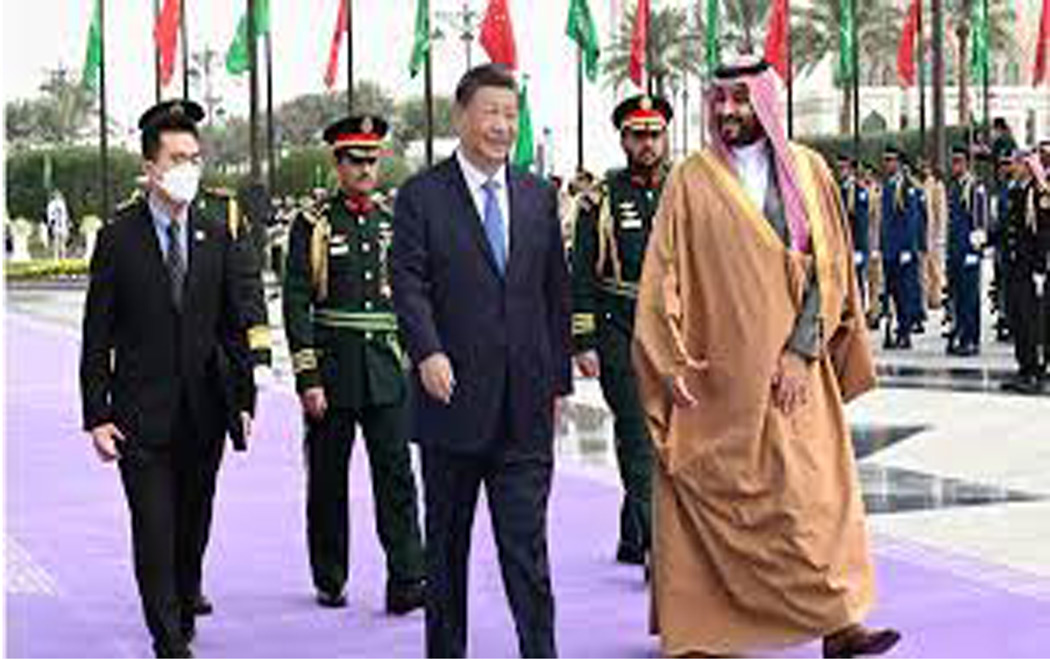
South Africa’s ambassador to BRICS, Anil Sooklal, has announced that the BRICS group of nations will continue reaching out to other nations. It’s no secret that this group is trying to recruit other nation to join. The BRICS nations most powerful member arguably is China, however, with Saudi Arabia and Iran joining forces, this could change the balance of power in the world.
In terms of economic strength, China is the undeniable leader among the BRICS nations. Despite being officially ranked as the second-largest economy globally, China’s dominance is further amplified when considering purchasing power parity. Its remarkable growth and widespread economic influence on a global scale are expected to have a substantial impact on the development of the global economy in 2023.
It has been reported that Saudi Arabia is contemplating joining the BRICS bloc, with indications that Moscow is in favor of their accession. Saudi Arabia is the largest oil producer in the world. According to the Organization of the Petroleum Exporting Countries (OPEC), Saudi Arabia produced an average of 9.2 million barrels of crude oil per day in 2021, accounting for approximately 11% of the world’s total oil production. The country is a major player in the global oil market and has significant influence over oil prices and international energy policy.
Saudi Arabia could impact the world if they allowed purchasing oil using China’s Yuan, and no longer use the US Dollar exclusively. Currently, the global oil market is heavily dependent on the US dollar as the primary currency for oil transactions. This means that oil is priced and traded in US dollars, and countries must hold US dollars to purchase oil. If the global oil market were to shift to using another currency, such as the euro or Chinese yuan, it could have significant implications for the global economy and financial system.
One potential effect of using another currency for oil transactions could be a decrease in demand for the US dollar. This could lead to a decrease in the value of the US dollar, which could affect international trade and the global economy. Additionally, if oil-producing countries were to shift away from the US dollar, it could reduce the influence of the US in global politics.
However, it is important to note that such a shift would be difficult to achieve, as the US dollar has been the dominant currency in international trade and finance for decades. The US has significant political and economic power, and many countries and companies hold large amounts of US dollars, making it challenging to transition to another currency.
Overall, the shift to using another currency for global oil transactions could have significant implications for the global economy and financial system, but it is challenging to predict how exactly it would play out.



